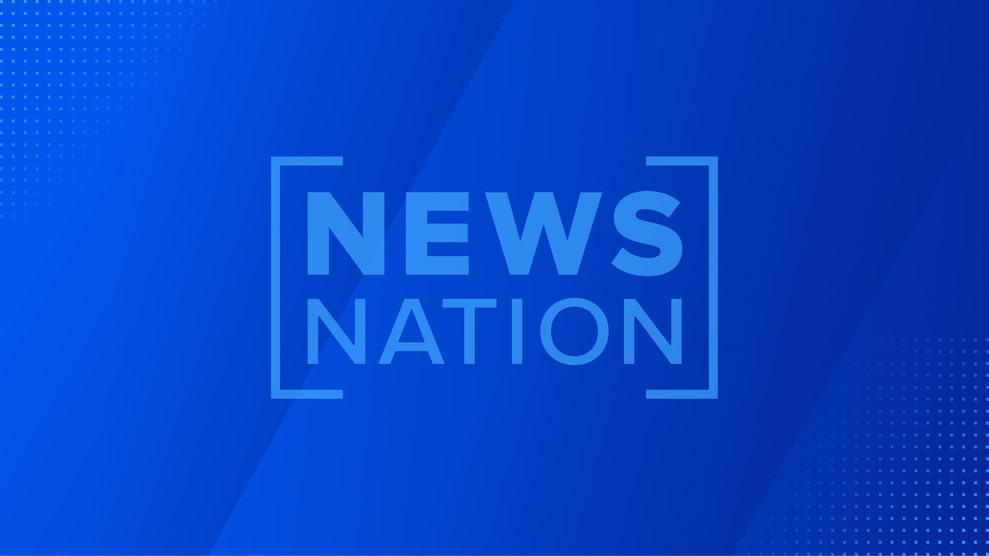(NewsNation) — The application for the Biden administration’s SAVE repayment plan has launched. Here’s what you need to know about the program.
What is SAVE?
SAVE is a new student loan income-driven repayment program that sets payments based on the borrower’s salary and comes with additional benefits that are meant to lower the burden of student debt. President Joe Biden announced the program after the Supreme Court canceled his student loan forgiveness plan, in an effort to help borrowers who will now need to start making loan payments again in October.
Some of the benefits provided by SAVE will begin immediately, while others will not go into effect until 2024.
How will it impact student loan payments?
SAVE calculates payment based on income and family size, so a single earner making $32,800 or less would have a payment of $0 per month.
As long as borrowers are making regular payments (which includes those who have a $0 payment owed), they will not see interest accrue on the loan.
Who can apply?
Anyone who has a direct or indirect subsidized loan, a PLUS loan issued to them as a graduate or professional student or debt consolidation loans that they did not repay any PLUS loans taken out by parents.
Those who have direct or indirect Stafford loans through the FEEL program, FEEL PLUS loans issued directly to them as a graduate or professional student or FEEL debt consolidation loan must first consolidate their loans before applying.
PLUS loans issued to parents are not eligible.
How do you apply?
To apply for SAVE, go online to the office of Federal Student Aid and fill out an application.
Those who don’t speak English or who have a disability and require assistance filling out an application can contact the help center.
For those who do not have reliable internet access, a paper application can be downloaded and mailed.
If you are currently enrolled in a REPAYE plan, you will automatically be enrolled in SAVE with no need to apply.
What benefits begin this summer?
Payments will begin at 10% of a borrower’s discretionary income, the difference between their salary and 225% of the federal poverty line.
The government will not charge interest that exceeds the monthly payment. For example, if a loan accrues $50 of interest, but the borrower’s payment is only $30, the remaining $20 will not be charged.
If you are married but file taxes separately, the SAVE plan excludes spousal income.
Borrowers can opt-in to allow automatic access to their federal tax return and enroll in automatic enrollment to the plan to avoid having to update or reapply in the future.
If you leave any income-driven plan except the Income-Based Repayment plan, you will have the unpaid interest added to your balance.
What changes happen in summer 2024?
Payments will be reduced from 10% of discretionary income to 5%.
Borrowers with original principal balances of $12,000 or less in loans will receive automatic forgiveness after 10 years of payments. The maximum repayment limit will raise one year for every additional $1,000.
Borrowers will keep their progress toward forgiveness if they consolidate their loans.
Borrowers will get automatic credit for specific periods of forbearance or deferment.
Borrowers will be able to make catch-up payments for other forbearance or deferment periods.
Borrowers who allowed access to their tax information will automatically be enrolled in income-driven repayment if their payments are late by 75 days.
What if you apply after your loan servicer has already issued a bill?
If you apply before your loan’s due date or close to the bill issuance date, you will be placed in forbearance until the loan is processed. If loan servicers are unable to process your application before your first bill is due, you will also be placed in forbearance.
